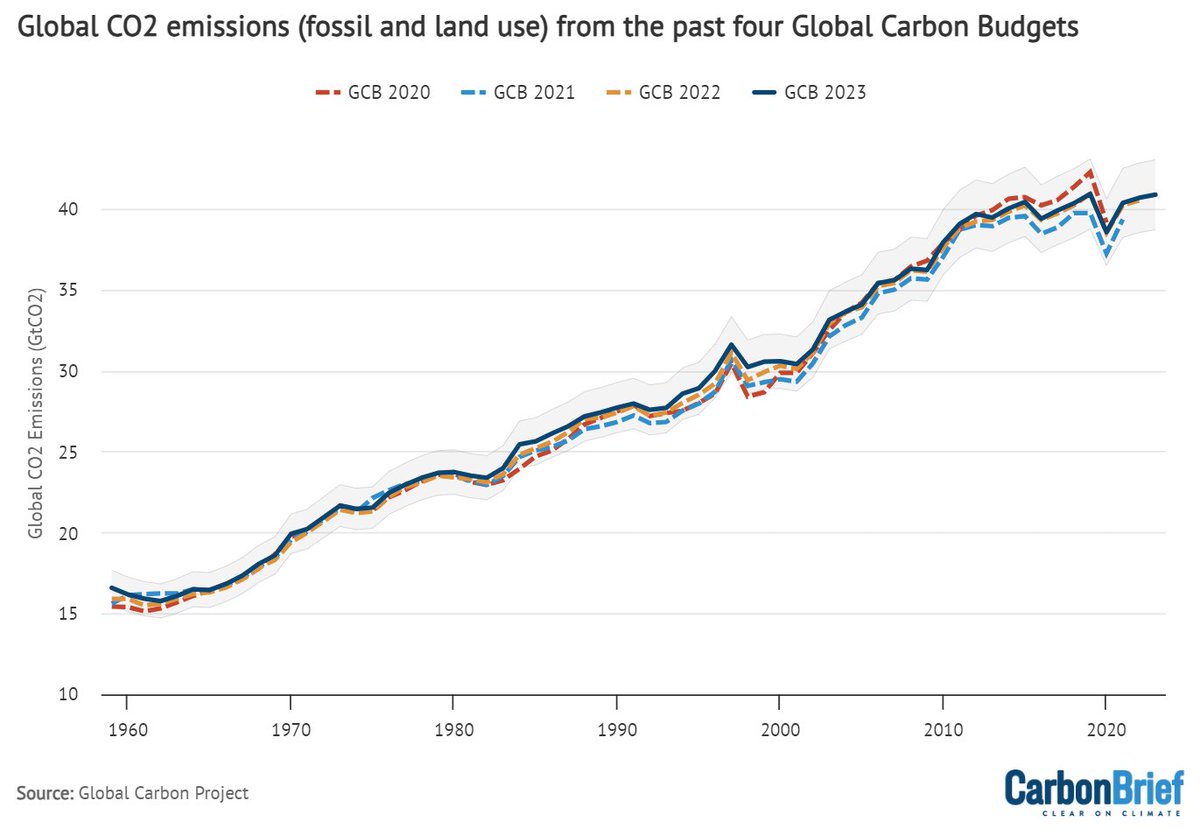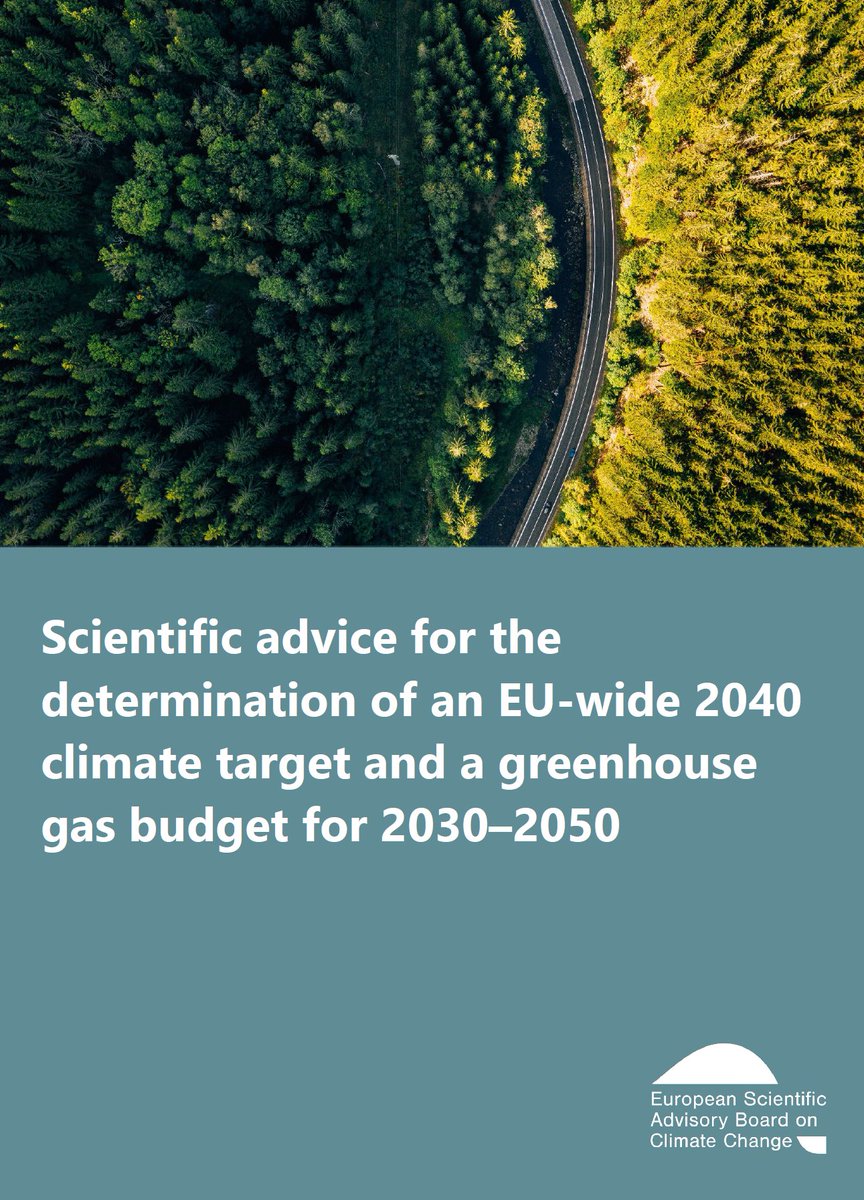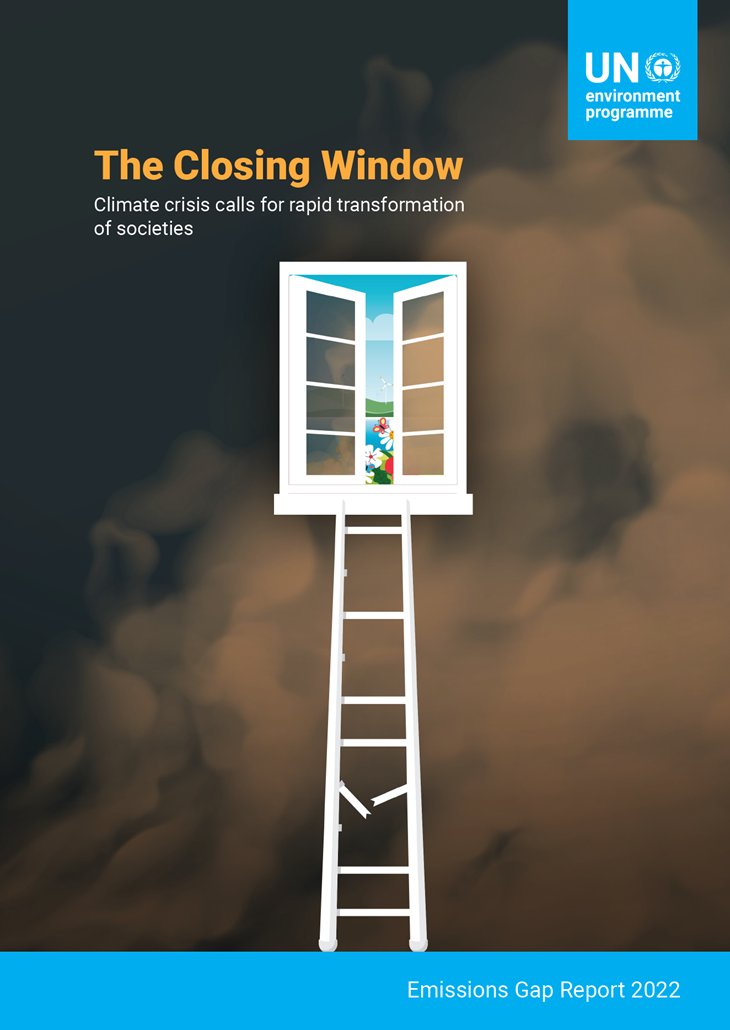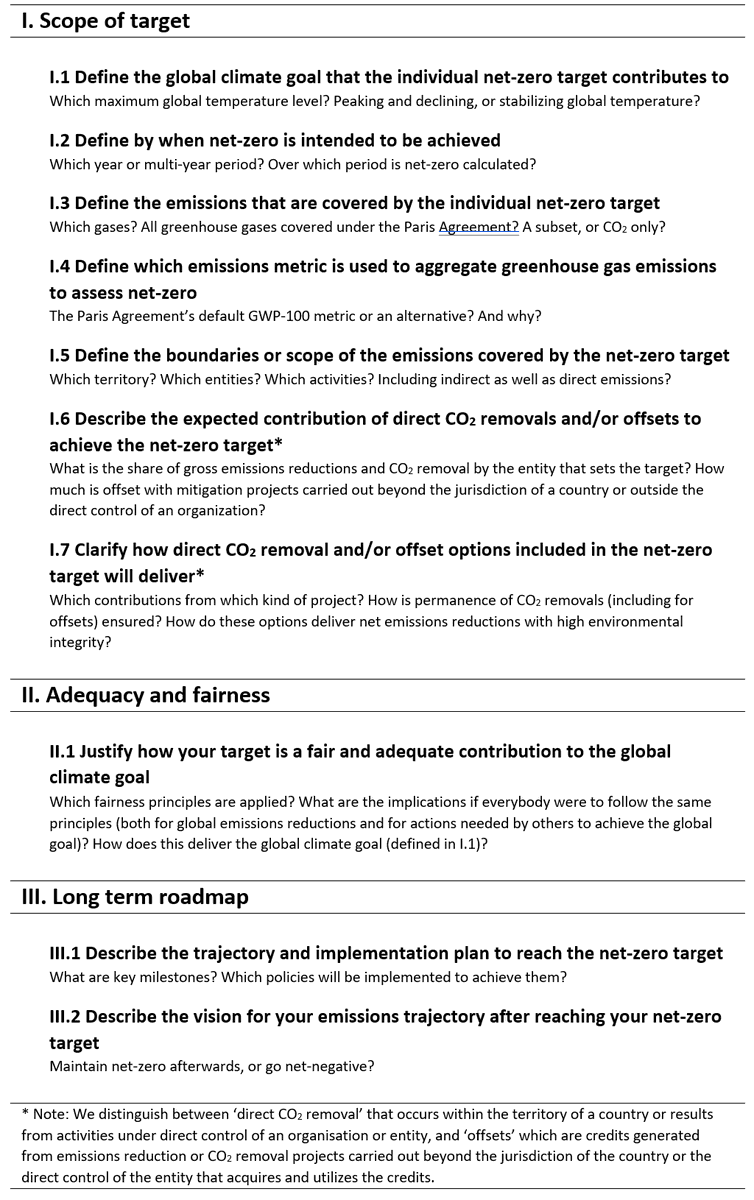
follow me here: @joerirogelj.bsky.social | professor climate science & policy | 1.5C/net zero/carbon budget/justice | lead author IPCC UNEP #emissionsgap
How to get URL link on X (Twitter) App


 Launched today by @andersen_inger, the @UNEP #emissionsgap report once again looks at the state of play of international climate action. 🌍🔥🌡️🇺🇳
Launched today by @andersen_inger, the @UNEP #emissionsgap report once again looks at the state of play of international climate action. 🌍🔥🌡️🇺🇳






https://twitter.com/KarlMathiesen/status/1731385461732495453The latest @IPCC_CH mitigation report shows different ways in which warming can be kept to (close to) 1.5°C.




 The Advisory Board recommends the @EU_Commission to take up:
The Advisory Board recommends the @EU_Commission to take up: 
 Countries’ new and updated pledges (NDCs) submitted since COP26 reduce projected global GHG emissions in 2030 by only 0.5 gigatons of CO2 equivalent (GtCO2e) compared with projections based on pledges at the time of COP26.
Countries’ new and updated pledges (NDCs) submitted since COP26 reduce projected global GHG emissions in 2030 by only 0.5 gigatons of CO2 equivalent (GtCO2e) compared with projections based on pledges at the time of COP26. 
https://twitter.com/bobkopp/status/1490665369698242560As one of the coordinating authors of the report I can only wholeheartedly agree with @bobkopp @PFriedling @theresphysics and others that this is a dangerous misrepresentation of the report's assessment and messages.




https://twitter.com/jasonhickel/status/14555276065399849171.5C pathways with no or limited overshoot reach #netzero CO2 emissions by 2050, and #netzero greenhouse gas emissions around 2070.


 The @UNEP #emissionsgap report takes stock of current pledges of countries and compares them to where emissions emissions should be going to limit warming to 1.5°C or 2°C.
The @UNEP #emissionsgap report takes stock of current pledges of countries and compares them to where emissions emissions should be going to limit warming to 1.5°C or 2°C. 
 After yesterday, we now landed on changes in extremes🌡️⛈️🥵🧺!
After yesterday, we now landed on changes in extremes🌡️⛈️🥵🧺!



 I have been involved in the estimation of carbon budgets since the IPCC Fifth Assessment Report in early 2010s.
I have been involved in the estimation of carbon budgets since the IPCC Fifth Assessment Report in early 2010s. 
